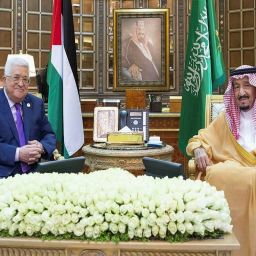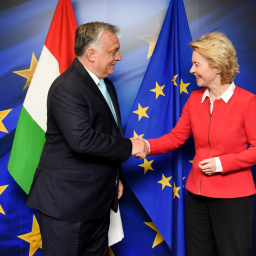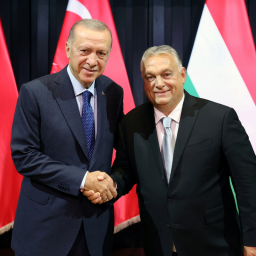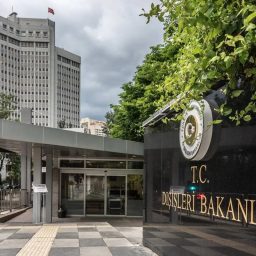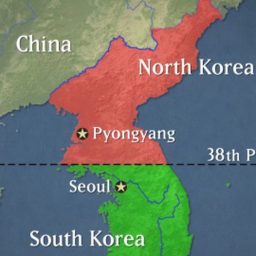Impact of Israel-Palestine Conflict on European Immigration Policies

Photo:Reuters
The recent Israel-Palestine conflict has triggered a humanitarian crisis, leading to a significant influx of refugees from Gaza. The resulting challenges have prompted several European Union (EU) member states to reevaluate and tighten their immigration policies. This report examines the policy adjustments in Germany, Italy, and other EU countries in response to the Middle East refugee crisis. German Chancellor Scholz’s government has taken decisive measures to address the challenges posed by the increased refugee flow. A key initiative involves tightening asylum laws, accelerating the deportation of non-compliant applicants, and reducing financial subsidies. Under the current policy, new immigrants receive subsidies of 182 euros upon arrival, escalating over time. However, starting in 2024, the government plans to allocate funds based on the number of refugees in each state, aiming for a more flexible and cost-effective approach. The move is seen as a response to growing public concern and pressure from right-wing parties, with the far-right “Germany Chooses” party gaining popularity. Italy has opted for a distinctive strategy by collaborating with Albania to establish a large refugee reception center capable of accommodating 3000 refugees.
This unexpected move has sparked controversy, with critics arguing that Italy is effectively outsourcing the cumbersome refugee screening process. Opposition parties in Italy have strongly criticized the cooperation, emphasizing its potential to challenge international and EU refugee protection laws. Several EU member states, including Sweden and France, have also adjusted their immigration policies. Sweden’s justice and immigration ministers have jointly called for enhanced regional security cooperation and the repatriation of illegal immigrants. In France, a new immigration law proposal, though aimed at providing more protections for legal immigrants, may exacerbate the plight of undocumented refugees and increase deportations. EU Council President Michel has emphasized the need to manage the refugee crisis without allowing the Israel-Palestine conflict to spill into EU territories. This represents a shift from the generous response to the Ukraine crisis, highlighting a more cautious approach. The EU faces challenges in finding a unified response, as member states exhibit diverse sentiments towards the Middle East conflict and its repercussions. The Israel-Palestine conflict has compelled European nations to reevaluate their immigration policies, with a prevailing trend towards more conservative and restrictive measures. The adjustments reflect a balancing act between addressing domestic concerns, particularly rising anti-immigrant sentiments, and fulfilling international humanitarian obligations. As the situation in the Middle East continues to unfold, it remains to be seen how EU countries will collectively navigate the complexities of the refugee crisis and uphold their commitment to human rights and protection.
By Cora Sulleyman


